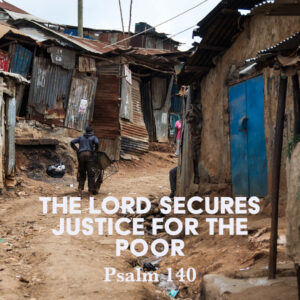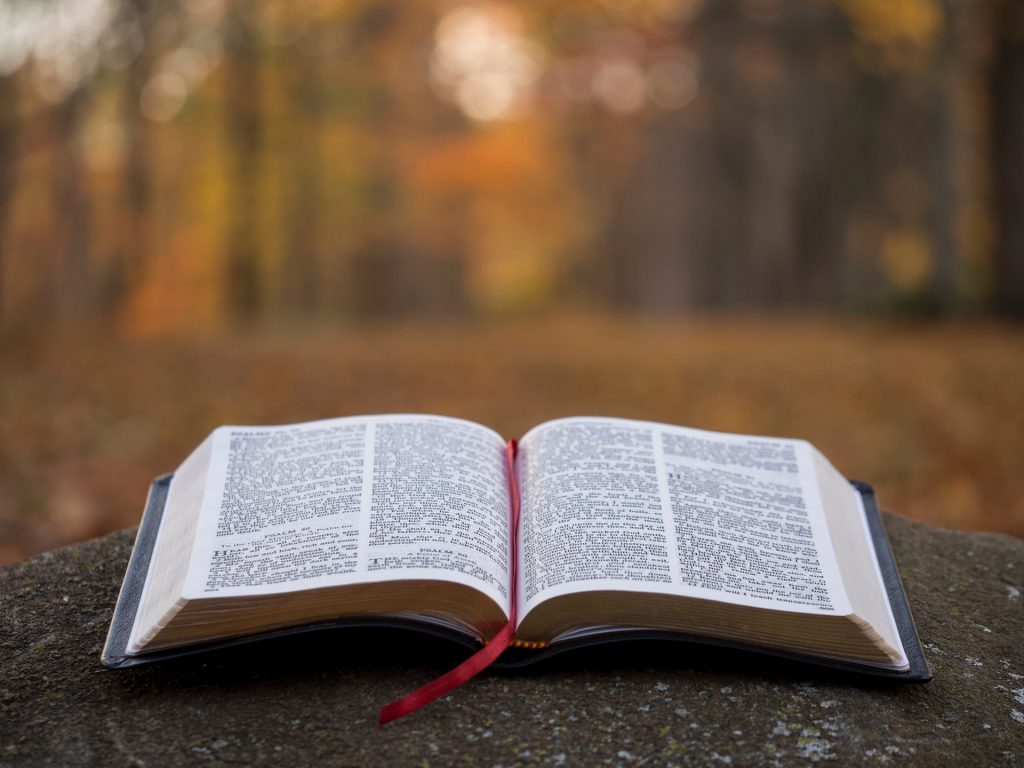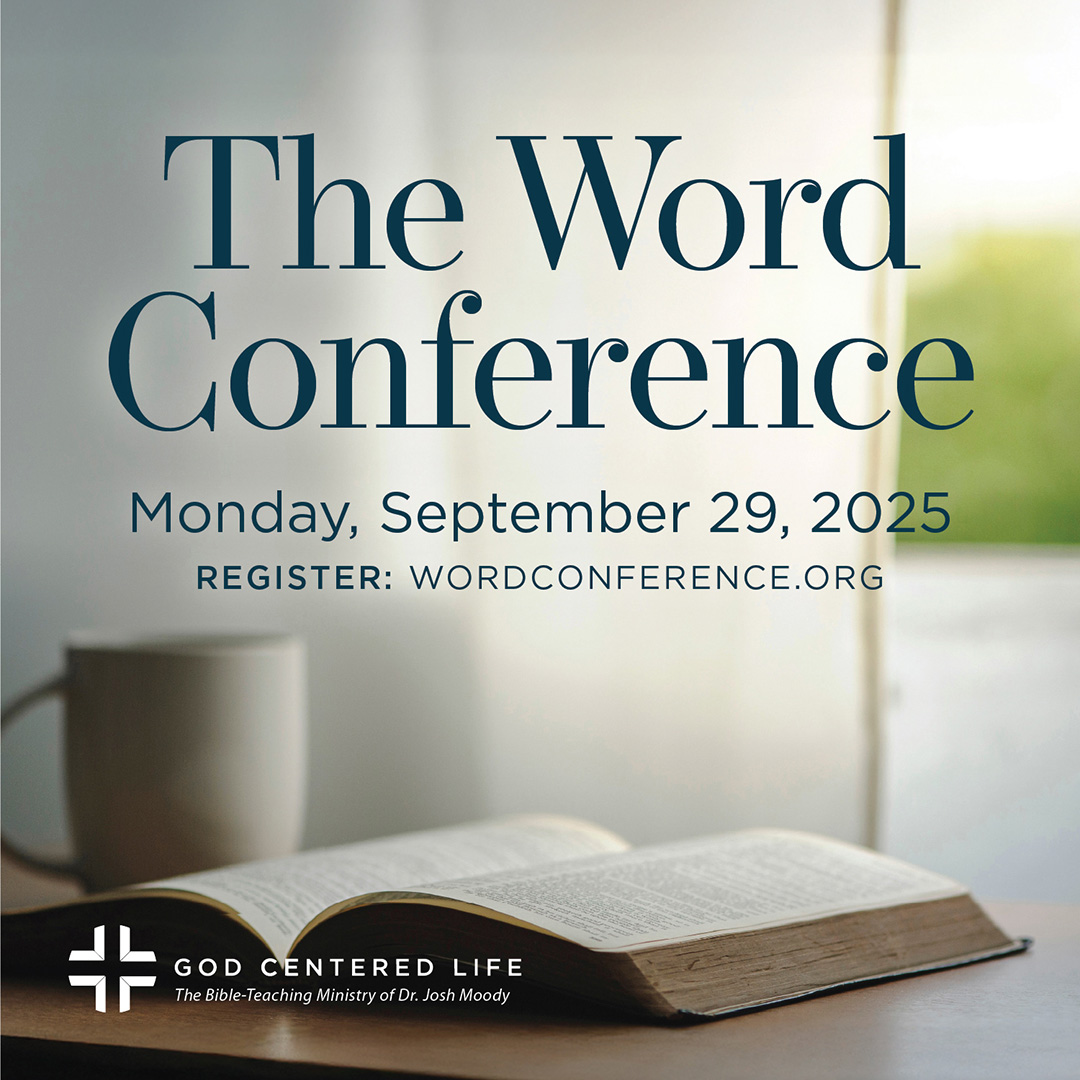Psalm 140: The Lord Secures Justice for the Poor
July 15, 2022
TODAY'S BIBLE READING:
2 Chronicles 6-7, Psalm 140, Luke 10:25-37, 1 Thessalonians 4:1-10

“Sticks and stones may break my bones, but words will never harm me.” So goes one well-known saying that seems to dismiss evil, nasty, and despicable words as being unable to touch the person who has the right attitude about “mere words.” If only that were the case. Human history, personal experience, and the testimony even of our legal systems (that give rise to cases for defamation and slander) indicate that actually words can very much harm you.
The story goes of one Rabbi who had been slandered, being approached by the person who had slandered him asking for forgiveness. The Rabbi took the person to the center of the town and then ripped up hundreds of sheets of paper and let the wind carry them to the corners of the market square and down all the alleys. With thousands and thousands of tiny shreds of paper now scattered to the winds, the Rabbi said, “Go catch all the bits of paper for me.” The man replied that he could not. “Neither,” said the Rabbi, “can you bring back all the bits of slander that have been repeated against me.”
What then can we do when people say evil things against us? When people “make their tongues as sharp as a serpent’s” and “the poison of vipers is on their lips” (140:3), who have “mischief” on their “lips” (140:9) and who are “slanderers” (140:11)? Perhaps many tactics and approaches could be suggested, but this psalm gets to the heart of the matter. With God anything is possible, and so not only should we forgive those who ask for forgiveness, but we should also pray to God to protect us against evil words spoken to defame us. “Rescue me, Lord, from evildoers” (140:1). Though the burden of this psalm is about evil speech, that does not exclude evil doing. And in fact, evil speech is a form of doing. “Keep me safe, Lord, from the hands of the wicked” (140:4). David prays again for help, for rescue, to be kept safe.
Would you pray along the same lines when you find out that you are being slandered? “Hear, Lord, my cry for mercy” (140:6). The prayers go up to God again. Because of this praying, David becomes convinced again of God’s ultimate justice. “May slanderers not be established in the land; may disaster hunt down the violent” (140:11). David is asking that God would judge. “It is mine to judge; I will repay,” says the Lord. This is another imprecatory aspect of this psalm (see previous psalm devotional “imprecation” for more on the imprecatory psalms).
But it concludes with confidence. Despite the slander, despite the malice and evil deeds against him: “I know that the Lord secures justice for the poor and upholds the cause of the needy. Surely the righteous will praise your name, and the upright will live in your presence” (140:12-13).
ABOUT THE AUTHOR
Josh Moody (Ph.D., University of Cambridge) is the senior pastor of College Church in Wheaton, IL., president and founder of God Centered Life Ministries, and author of several books including How the Bible Can Change Your Life and John 1-12 For You.
WANT MORE?
To receive God Centered Life devotionals directly in your inbox, as well as other resources, enter your email address in the form at the bottom of this page and click "subscribe."


